Written by Rachel Clark, Volunteer Writer
If you thought Michael Pollan’s Omnivore’s Dilemma was the best last word in redressing the way Americans think about food, you’re in for a pleasant shock. Foodies, readers, critics, chefs, and media far and wide are hailing Dan Barber’s new book, The Third Plate: Field Notes on the Future of Food, as a radical new reimagining that goes well beyond even Pollan’s work. It’s a breakthrough reconsideration of our food system that points the way to an emergent, holistic, revolutionary-yet-ancient approach to food… and our relationship to the planet itself. It’s the perfect book for the March newsletter’s “RE-issue.”
Many have already compared Barber’s work to Pollan’s in prominence and value. In fact, The Chicago Tribune goes so far as to say: “I would call this The Omnivore’s Dilemma 2.0... The Third Plate serves as a brilliant culinary manifesto with a message as obvious as it is overlooked. Promote, grow and eat a diet that’s in harmony with the earth, and the earth will reward you for it. It’s an inspiring message that could truly help save our water, air and land before it’s too late.”
Barber is the renowned chef of Manhattan’s Blue Hill restaurant (one of the city’s first farm-to-table venues), as well as being the chef at the farm itself, Blue Hill at Stone Barns. According to the Third Plate website (thethirdplate.com), he’s won numerous James Beard awards, including “Best Chef: New York City (2006) and the country’s Outstanding Chef (2009),” as well as being named one of Time magazine’s 100 most influential people in the world.
Barber is a chef who is fully aware of how the exquisite taste of food can change a person, and how this directly relates to healthy natural systems. Says The Atlantic: “When The Omnivore’s Dilemma, Michael Pollan’s now-classic 2006 work, questioned the logic of our nation’s food system, ‘local’ and ‘organic’ weren’t ubiquitous the way they are today. Embracing Pollan’s iconoclasm, but applying it to the updated food landscape of 2014, The Third Plate reconsiders fundamental assumptions of the movement Pollan’s book helped to spark. In four sections—’Soil,’ ‘Land,’ ‘Sea,’ and ‘Seed’—The Third Plate outlines how [Barber’s] pursuit of intense flavor repeatedly forced him to look beyond individual ingredients at a region’s broader story—and demonstrates how land, communities, and taste benefit when ecology informs the way we source, cook, and eat.”
Join us in reading the March Co-op Good Food Book Club book The Third Plate: Field Notes on the Future of Food (2014). The Book Club will meet Sunday, March 29, from 5 p.m. to 6:30 p.m. at BookPeople of Moscow to discuss The Third Plate. Email bookclub@moscowfood.coop for further information. The Third Plate is available through your local library. If you are interested in buying the book, check out the area’s local used bookstores or visit BookPeople of Moscow where Good Food Book Club members receive a discount. For more information about the Good Food Book Club, check out the Outreach section of the Co-op website at www.moscowfood.coop.

